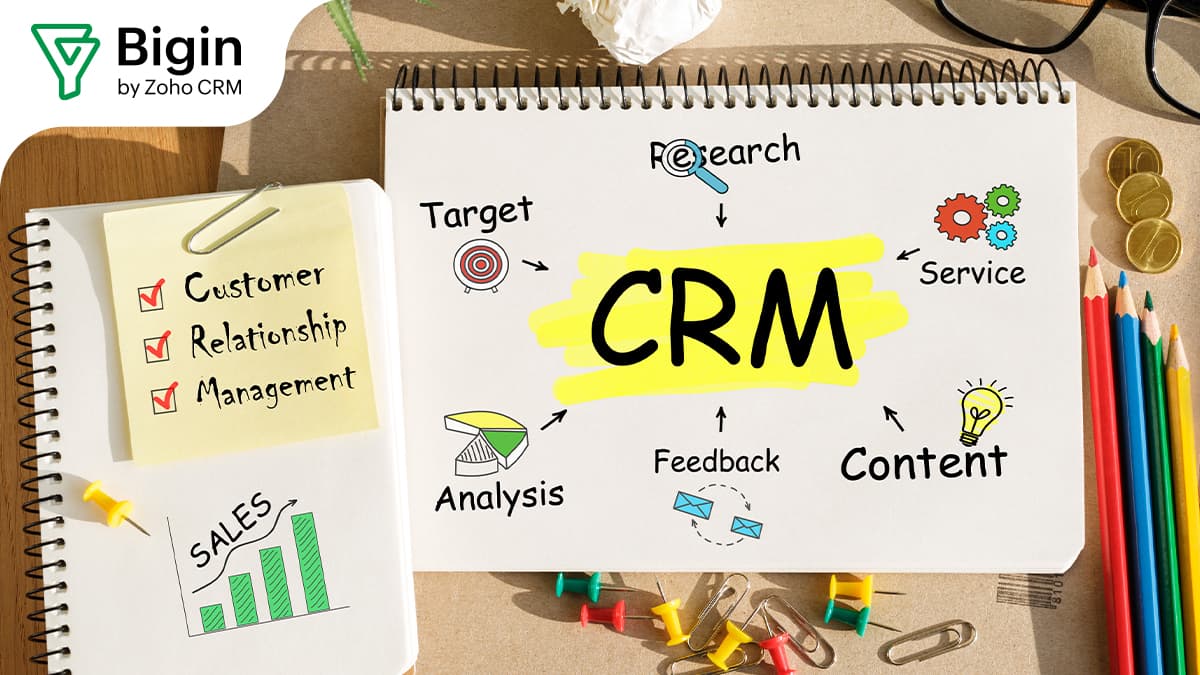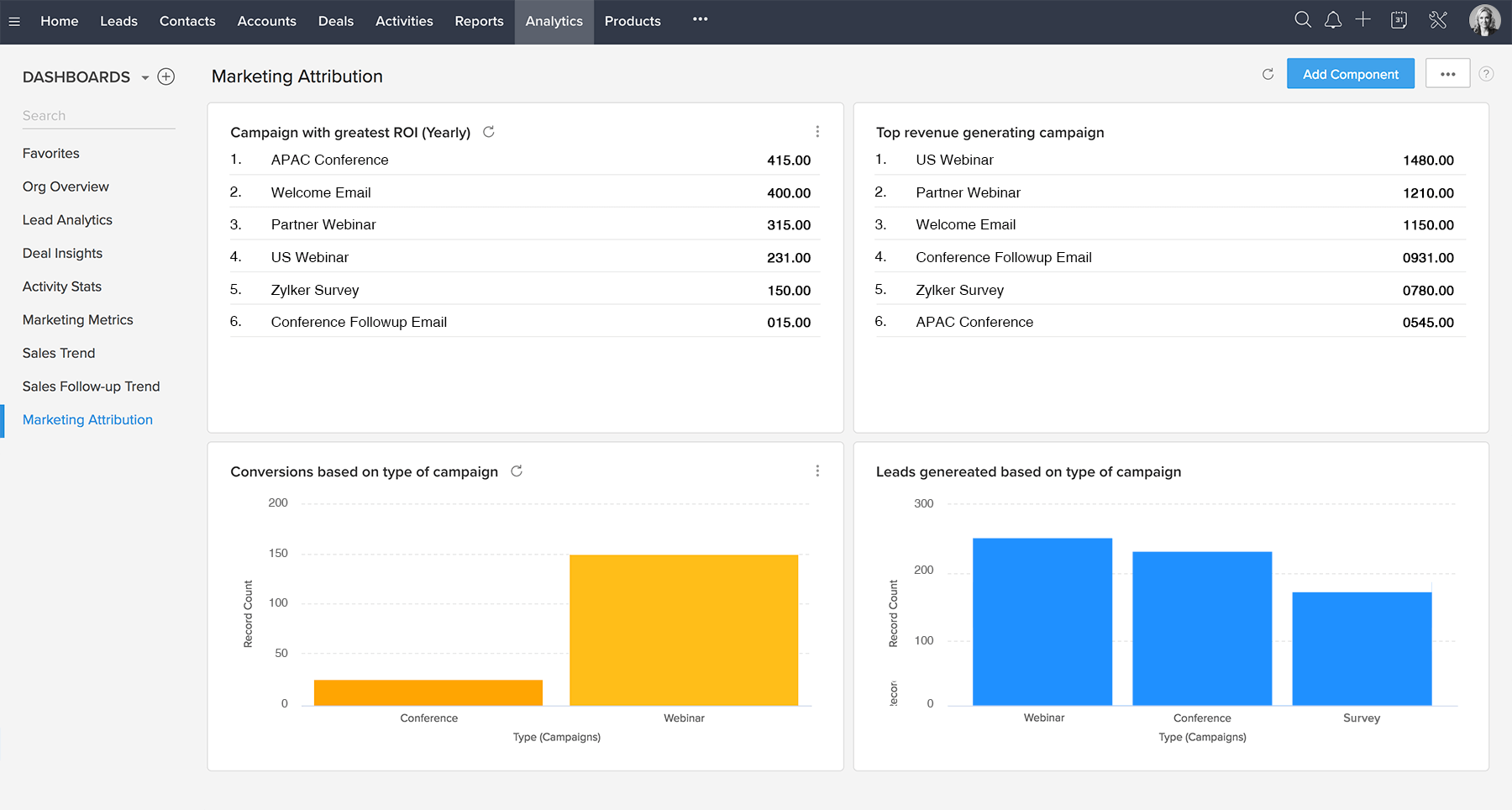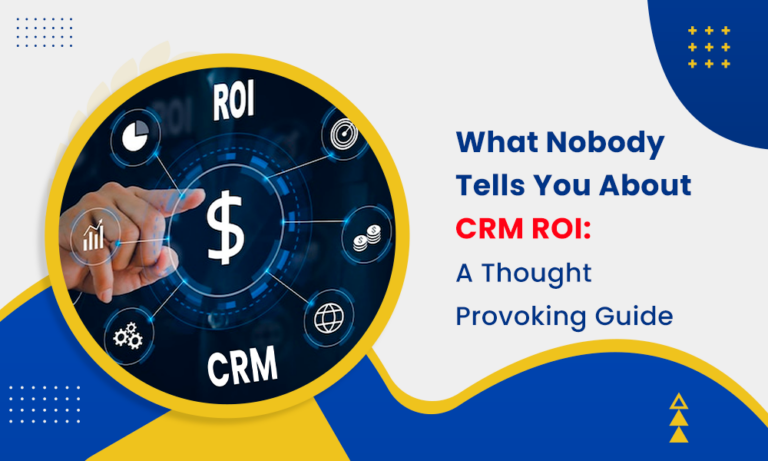In the dynamic world of business, understanding your customers is no longer a luxury; it’s an absolute necessity. The ability to anticipate their needs, personalize their experiences, and build lasting relationships is what separates thriving companies from those that merely survive. This is where the powerful synergy of Customer Relationship Management (CRM) systems, strategic marketing efforts, and insightful customer surveys comes into play. This comprehensive guide will delve into the intricacies of this trifecta, providing you with the knowledge and tools to significantly enhance customer engagement and retention.
The Foundation: Understanding CRM
At its core, CRM is more than just software; it’s a philosophy centered around putting the customer at the heart of your business. A robust CRM system acts as a centralized hub for all customer-related data, allowing you to gain a 360-degree view of each individual. This includes their contact information, purchase history, communication logs, and even their preferences and behaviors. With this wealth of information at your fingertips, you can tailor your interactions and marketing efforts to resonate with each customer on a personal level.
Key Benefits of Implementing a CRM System:
- Improved Customer Relationships: By centralizing customer data, CRM systems empower your team to build stronger, more personalized relationships.
- Enhanced Sales Productivity: CRM automates many time-consuming tasks, freeing up your sales team to focus on closing deals and nurturing leads.
- Increased Marketing Effectiveness: CRM provides valuable insights into customer behavior, allowing you to create highly targeted and effective marketing campaigns.
- Better Customer Service: With easy access to customer history, service agents can resolve issues quickly and efficiently, leading to higher customer satisfaction.
- Data-Driven Decision Making: CRM provides comprehensive reporting and analytics, enabling you to make informed decisions based on real-time data.
Choosing the right CRM system is crucial. Consider your specific business needs, budget, and the features that are most important to you. Popular CRM platforms include Salesforce, HubSpot, Zoho CRM, and Microsoft Dynamics 365, each offering a range of functionalities and pricing plans.
Marketing’s Role in the CRM Ecosystem
Marketing and CRM are inextricably linked. Marketing efforts provide the fuel for the CRM engine, generating leads, nurturing prospects, and driving customer engagement. A well-integrated marketing strategy leverages the data within your CRM system to create targeted campaigns that resonate with specific customer segments.
Key Marketing Strategies for Maximizing CRM Impact:
- Segmentation: Divide your customer base into distinct groups based on demographics, behaviors, and preferences. This allows you to tailor your messaging and offers to each segment.
- Personalization: Use customer data to personalize email campaigns, website content, and product recommendations. This creates a more engaging and relevant experience.
- Automation: Automate repetitive marketing tasks, such as email follow-ups and lead nurturing sequences, to save time and improve efficiency.
- Lead Scoring: Assign scores to leads based on their engagement and behavior, allowing you to prioritize your efforts and focus on the most promising prospects.
- Marketing Analytics: Track key metrics, such as open rates, click-through rates, and conversion rates, to measure the effectiveness of your campaigns and make data-driven adjustments.
Integrating your marketing automation platform with your CRM system is essential. This allows you to seamlessly share data between the two systems, providing a unified view of your customer journey. Popular marketing automation platforms include HubSpot, Marketo, and Pardot.
The Power of Customer Surveys: Uncovering Valuable Insights
Customer surveys are a goldmine of valuable insights. They provide a direct line of communication with your customers, allowing you to gather feedback on their experiences, identify areas for improvement, and gauge their satisfaction levels. This feedback is invaluable for refining your products, services, and overall customer experience.
Types of Customer Surveys:
- Customer Satisfaction Surveys (CSAT): Measure overall customer satisfaction with your products, services, or support.
- Net Promoter Score (NPS) Surveys: Gauge customer loyalty and willingness to recommend your company to others.
- Customer Effort Score (CES) Surveys: Measure the effort customers expend to interact with your company.
- Product Feedback Surveys: Gather feedback on specific products or features.
- Website Feedback Surveys: Collect feedback on the usability and design of your website.
- Post-Interaction Surveys: Send surveys immediately after a customer interaction (e.g., a support call) to gather immediate feedback.
When designing customer surveys, it’s important to keep them concise, focused, and easy to complete. Use clear and concise language, and avoid asking leading questions. Offer incentives, such as discounts or rewards, to encourage participation. Analyze the survey results regularly and use the insights to make data-driven improvements.
Integrating Surveys with CRM and Marketing: A Synergistic Approach
The true power of customer surveys lies in their integration with your CRM and marketing efforts. By linking survey responses to individual customer profiles in your CRM, you can gain a deeper understanding of each customer’s needs and preferences. This information can then be used to personalize your marketing campaigns and tailor your interactions.
How to Integrate Surveys:
- CRM Integration: Integrate your survey platform with your CRM system to automatically update customer profiles with survey responses.
- Segmentation Based on Survey Data: Segment your customer base based on their survey responses. For example, you can create a segment of customers who are dissatisfied with your product and target them with personalized offers to address their concerns.
- Personalized Marketing Campaigns: Use survey data to personalize your marketing campaigns. For example, if a customer indicates that they are interested in a specific product, you can send them targeted emails with information about that product.
- Closed-Loop Feedback: Use survey data to close the feedback loop. If a customer provides negative feedback, reach out to them to address their concerns and show that you value their input.
- Automated Triggered Surveys: Set up automated surveys to be sent at key points in the customer journey, such as after a purchase or after a support interaction.
By integrating surveys with your CRM and marketing efforts, you can create a powerful feedback loop that continuously improves your customer experience and drives business growth.
Best Practices for CRM, Marketing, and Customer Surveys
To maximize the effectiveness of your CRM, marketing, and customer survey efforts, consider these best practices:
- Define Clear Goals: Before implementing any of these strategies, define your specific goals. What do you want to achieve? Are you trying to increase customer retention, improve customer satisfaction, or generate more leads?
- Choose the Right Tools: Select CRM, marketing automation, and survey platforms that are well-suited to your business needs and budget.
- Clean and Maintain Your Data: Regularly clean and maintain your CRM data to ensure its accuracy and completeness.
- Train Your Team: Provide adequate training to your team on how to use your CRM, marketing automation, and survey platforms.
- Personalize Your Interactions: Use customer data to personalize your interactions with customers across all channels.
- Be Responsive to Feedback: Respond promptly to customer feedback, both positive and negative.
- Continuously Analyze and Optimize: Regularly analyze your data and optimize your strategies based on the results.
- Prioritize Customer Privacy: Be transparent about how you collect and use customer data, and comply with all relevant privacy regulations (e.g., GDPR, CCPA).
- Foster a Customer-Centric Culture: Cultivate a company culture that prioritizes customer satisfaction and loyalty.
- Automate Where Possible: Leverage automation to streamline your processes and free up your team to focus on higher-value tasks.
Measuring Success: Key Metrics to Track
To determine the effectiveness of your CRM, marketing, and customer survey efforts, you need to track key metrics. These metrics will provide valuable insights into your performance and help you identify areas for improvement.
Key Metrics to Track:
- Customer Acquisition Cost (CAC): The cost of acquiring a new customer.
- Customer Lifetime Value (CLTV): The predicted revenue a customer will generate over their lifetime.
- Customer Retention Rate: The percentage of customers who remain customers over a specific period.
- Churn Rate: The percentage of customers who stop doing business with your company.
- Customer Satisfaction Score (CSAT): Measures overall customer satisfaction.
- Net Promoter Score (NPS): Measures customer loyalty and willingness to recommend your company.
- Customer Effort Score (CES): Measures the effort customers expend to interact with your company.
- Conversion Rates: The percentage of leads who convert into customers.
- Website Traffic and Engagement: Track website traffic, bounce rates, and time on site to gauge customer engagement.
- Marketing Campaign Performance: Track open rates, click-through rates, and conversion rates for your marketing campaigns.
Regularly reviewing these metrics will help you identify trends, measure the impact of your efforts, and make data-driven adjustments to improve your performance.
Case Studies: Real-World Examples
Let’s explore some real-world examples of how companies are successfully leveraging CRM, marketing, and customer surveys to achieve their business goals.
Example 1: E-commerce Retailer
An e-commerce retailer uses its CRM system to track customer purchase history, browsing behavior, and demographics. They then use this data to segment their customers and send targeted email campaigns. For example, customers who have previously purchased running shoes receive emails promoting new arrivals and special offers. They also send post-purchase surveys to gather feedback on their products and services. This feedback is used to improve their product offerings and customer service. The result? Increased customer loyalty, repeat purchases, and positive online reviews.
Example 2: Software as a Service (SaaS) Company
A SaaS company uses its CRM system to manage leads, track customer interactions, and provide customer support. They use marketing automation to nurture leads and onboard new customers. They send regular NPS surveys to measure customer loyalty and identify areas for improvement. They also use CES surveys to measure the ease of use of their software and customer support. By actively addressing customer feedback and continuously improving their product and services, the company has achieved high customer retention rates and strong revenue growth.
Example 3: Healthcare Provider
A healthcare provider uses its CRM system to manage patient data, schedule appointments, and send appointment reminders. They use marketing automation to educate patients about their services and promote preventative care. They send CSAT surveys after each appointment to gather feedback on the patient experience. By using this feedback to improve their services, the healthcare provider has increased patient satisfaction and improved their overall reputation.
These case studies illustrate the power of a customer-centric approach. By implementing a robust CRM system, utilizing strategic marketing efforts, and gathering valuable insights through customer surveys, these companies have been able to build strong customer relationships, increase customer loyalty, and drive business growth.
The Future of CRM, Marketing, and Customer Surveys
The landscape of CRM, marketing, and customer surveys is constantly evolving. As technology advances, we can expect to see even more sophisticated tools and techniques emerge.
Key Trends to Watch:
- Artificial Intelligence (AI): AI is being used to automate tasks, personalize customer experiences, and predict customer behavior.
- Machine Learning (ML): ML is being used to analyze large datasets and identify patterns that can be used to improve marketing campaigns and customer service.
- Hyper-Personalization: The ability to personalize customer experiences at an even deeper level, based on individual preferences and behaviors.
- Omnichannel Marketing: Providing a seamless customer experience across all channels, including email, social media, and in-person interactions.
- Voice of the Customer (VoC): Gathering customer feedback from multiple sources, including surveys, social media, and online reviews, to gain a comprehensive understanding of the customer experience.
- Privacy-Focused Marketing: Increased focus on data privacy and transparency, with a greater emphasis on obtaining customer consent and respecting their privacy preferences.
By staying informed about these trends, you can ensure that your CRM, marketing, and customer survey efforts remain cutting-edge and effective. The future of these areas promises even greater opportunities to build strong customer relationships, drive business growth, and create exceptional customer experiences.
Conclusion: Embracing the Customer-Centric Approach
In conclusion, the integration of CRM, strategic marketing, and insightful customer surveys is a powerful recipe for success in today’s competitive market. By embracing a customer-centric approach, you can build strong relationships, increase customer loyalty, and drive sustainable business growth.
Remember to:
- Invest in a robust CRM system: Choose a system that meets your specific needs and provides a 360-degree view of your customers.
- Develop a strategic marketing plan: Leverage your CRM data to create targeted and personalized marketing campaigns.
- Gather valuable customer feedback: Implement customer surveys to gather insights on their experiences and identify areas for improvement.
- Integrate your systems: Seamlessly integrate your CRM, marketing automation, and survey platforms to create a unified view of your customer journey.
- Continuously analyze and optimize: Track key metrics, analyze your data, and make data-driven adjustments to improve your performance.
By following these guidelines, you can transform your business into a customer-centric powerhouse, fostering long-term relationships and achieving lasting success. The journey towards a customer-centric approach is an ongoing process, but the rewards – increased customer loyalty, higher revenues, and a stronger brand reputation – are well worth the effort. Start today and embark on the path to building a thriving business that puts the customer first.


